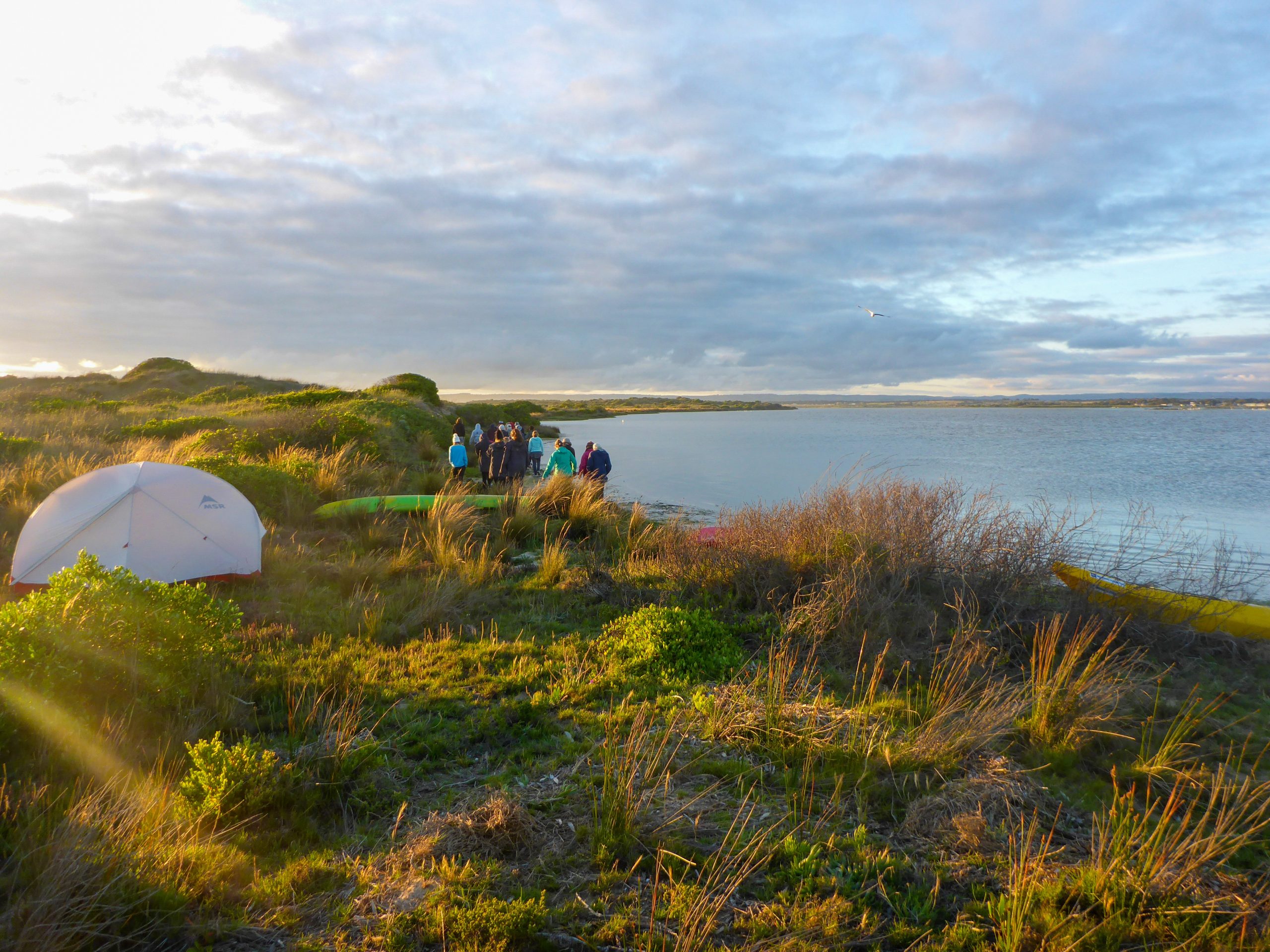In the age of digital advancement and rapid technological growth, the importance of connecting with nature is more pronounced than ever. Outdoor education, which involves learning experiences in natural environments, offers a plethora of benefits that extend beyond traditional classroom settings. In this blog post, we will explore the profound advantages of outdoor education and why it plays a crucial role in fostering holistic development.
- Environmental Awareness and Stewardship: One of the primary benefits of outdoor education is the development of a strong sense of environmental awareness. By immersing students in natural settings, they gain firsthand experience of ecosystems, biodiversity, and the delicate balance of the environment. This exposure fosters a deep appreciation for nature and instills a sense of responsibility towards environmental conservation.
- Physical Health and Well-being: Outdoor education encourages physical activity and promotes a healthy lifestyle. Activities such as hiking, camping, and team sports not only improve cardiovascular health but also enhance motor skills, coordination, and overall fitness. Exposure to natural sunlight also contributes to the production of Vitamin D, supporting bone health and boosting the immune system.
- Social and Emotional Development: Nature provides a unique and dynamic setting for building social skills and emotional resilience. Outdoor education often involves teamwork, problem-solving, and communication, promoting the development of interpersonal skills. The natural environment also serves as a powerful stress reliever, reducing anxiety and fostering emotional well-being.
- Experiential Learning: Outdoor education emphasizes experiential learning, where students actively engage with the environment rather than passively receiving information. This hands-on approach enhances critical thinking, creativity, and problem-solving skills. Through direct experience, students gain a deeper understanding of various concepts, fostering a lasting connection between knowledge and real-world application.
- Enhanced Academic Performance: Studies have shown that exposure to nature positively impacts academic performance. Students who participate in outdoor education programs demonstrate improved concentration, attention span, and cognitive abilities. The natural environment serves as a rich context for learning across various subjects, making lessons more engaging and memorable.
- Cultivation of Environmental Ethics: By fostering a connection with nature, outdoor education cultivates a sense of environmental ethics. Students develop a greater understanding of the impact of human activities on the planet and are more likely to adopt sustainable practices. This sense of responsibility towards the environment extends beyond the classroom, creating future generations of environmentally conscious individuals.
- Resilience and Adaptability: Exposure to the unpredictability of nature teaches students to be adaptable and resilient. Outdoor challenges, such as navigating unfamiliar terrain or facing adverse weather conditions, build perseverance and a can-do attitude. These skills are invaluable in navigating life’s challenges beyond the classroom.
In a world that is becoming increasingly disconnected from the natural world, outdoor education serves as a powerful antidote. The benefits extend far beyond academic achievement, encompassing physical health, emotional well-being, and environmental stewardship. By embracing outdoor education, we not only nurture well-rounded individuals but also cultivate a generation of citizens who are deeply connected to and committed to preserving the planet we call home.

